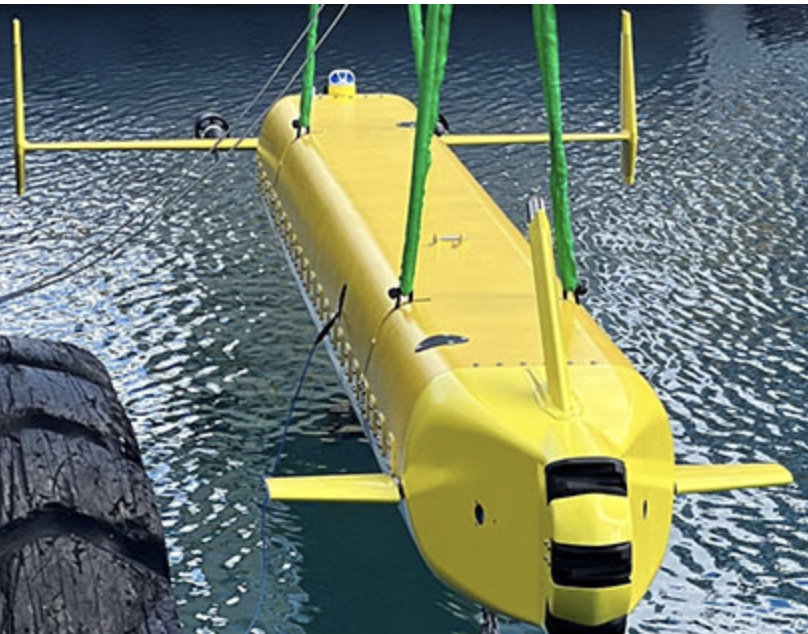(:notitlegroup:)
@inproceedings{moore2015,
title = {Artemis AUV Payload Development},
booktitle = {OCEANS 2015 - MTS/IEEE Washington},
author = {Chris Moore and Peter McKibbin},
pages = {1-3},
month = {October},
year = {2015},
keywords = {autonomous underwater vehicles;control engineering
computing;magnetometers;public domain software;AUV payload computer;Artemis
AUV payload development;MOOS-IvP software;Mission Oriented Operating Suite -
Interval Programming;Phoenix engineers;Phoenix operators;autonomous underwater
vehicle;magnetometer payload;open source C++ module;seafloor mineral
location;seafloor mineral mapping;Computers;Magnetic sensors;Magnetic
separation;Magnetometers;Payloads;Vehicles;AUV;Artemis; Autonomy},
abstract = {Phoenix engineers and operators have been working on developing new payload
capabilities for our Autonomous Underwater Vehicle (AUV) Artemis. Initially,
we integrated and demonstrated a payload designed to look for hydro-carbon
leaks from subsea pipelines. More recently, we developed a magnetometer
payload for locating and mapping seafloor minerals. Both of these efforts
involve the use of an AUV payload computer and a set of open source C++
modules for providing autonomy on robotic platforms, in particular autonomous
marine vehicles, called Mission Oriented Operating Suite - Interval
Programming (MOOS-IvP). This paper will discuss these AUV payload development
efforts and describe how Artemis is now ready to support additional payload
development initiatives.}}
